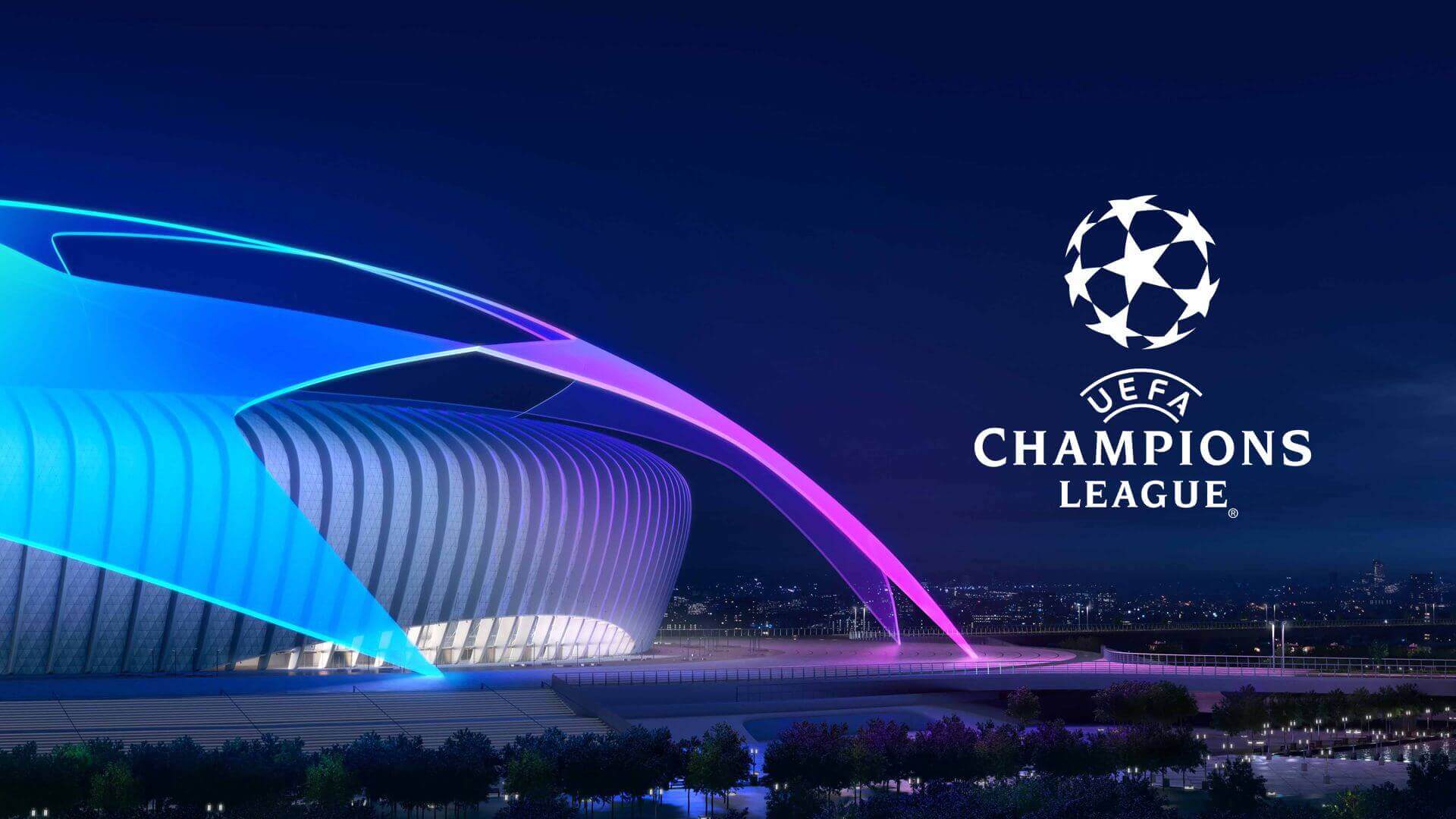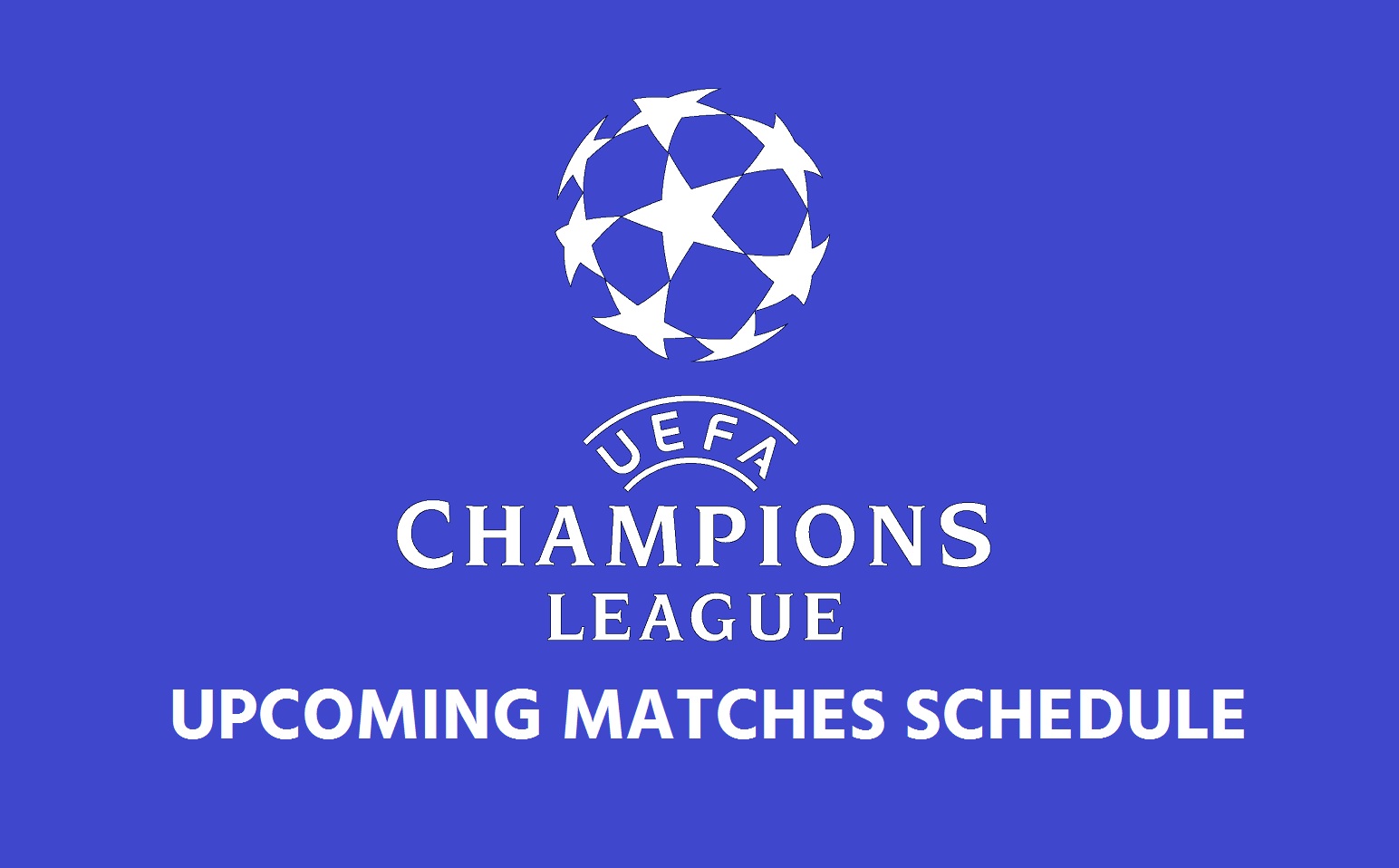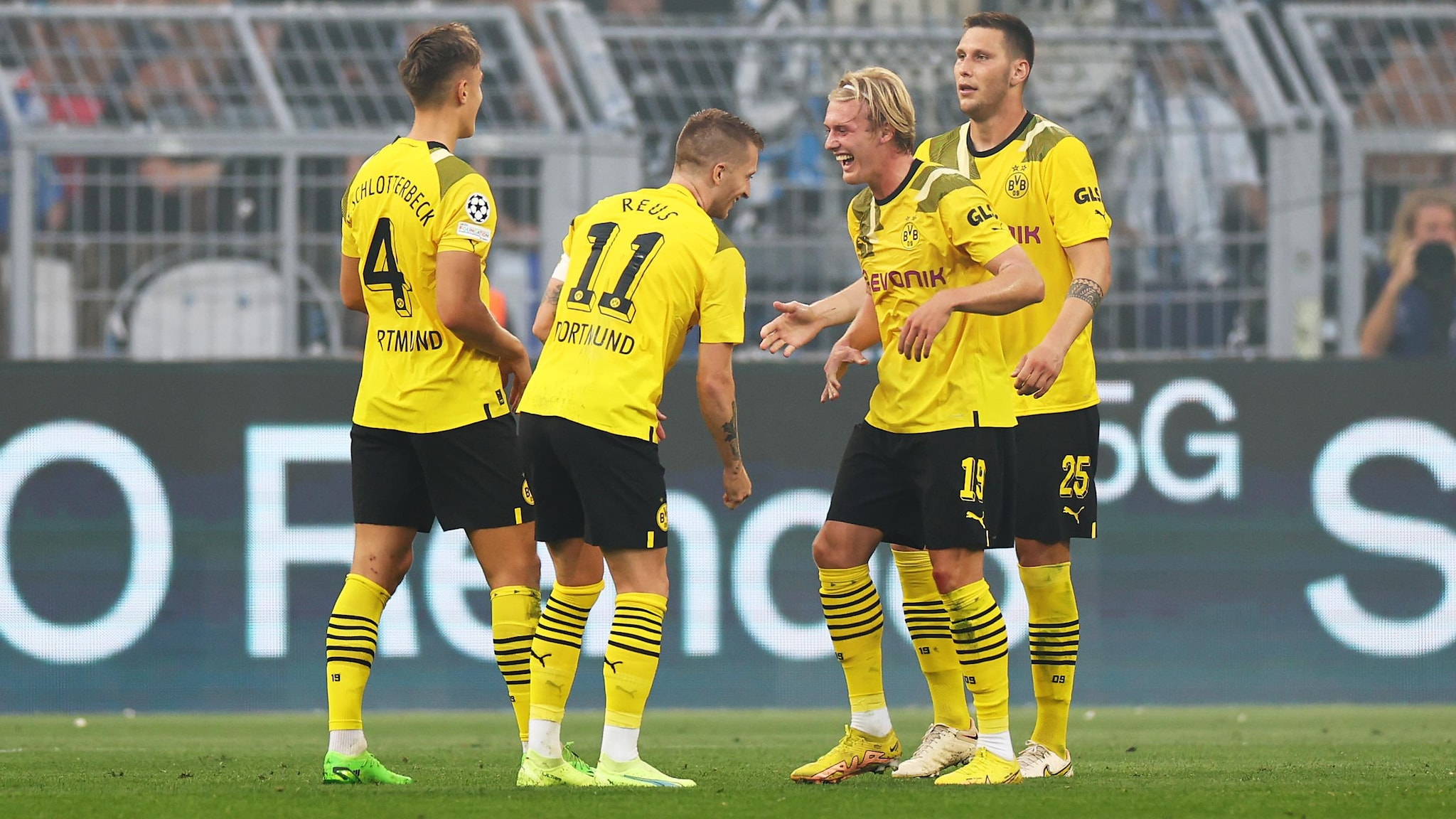Hey there, football fans! If you're reading this, chances are you already know that UEFA Champions League matches are more than just games—they're an experience, a spectacle, a global phenomenon that brings millions of people together. Whether you're glued to your TV screen, packed into a stadium, or chatting about the latest goals with friends, the UEFA Champions League is a league of its own. It’s where legends are made, and dreams are fulfilled. But have you ever stopped to think about what exactly makes these matches so special? Let’s dive in, shall we?
Let me paint you a picture. Imagine the roar of the crowd, the tension in the air, and the sheer brilliance on display as the best teams in Europe battle it out for glory. The UEFA Champions League isn’t just about football—it’s about passion, history, and the pursuit of greatness. It’s the tournament where the world stops to watch, and where every match feels like a chapter in an epic story.
Now, before we get into the nitty-gritty, let’s set the stage. This isn’t just another sports league. This is the pinnacle of club football, where the stakes are high, and the rewards are even higher. From the opening whistle to the final whistle, every game is a rollercoaster of emotions. So, buckle up, because we’re about to uncover the magic behind the UEFA Champions League matches.
Why UEFA Champions League Matches Are a Global Phenomenon
Let’s be real here—the UEFA Champions League is no ordinary football competition. It’s like the Oscars of the football world, but instead of actors and directors, you’ve got players and managers vying for the ultimate prize. And why is it such a big deal? Well, for starters, it’s the best of the best. The teams that make it to the Champions League aren’t just any teams; they’re the cream of the crop, the elite clubs from Europe’s top leagues. And when the best go head-to-head, you know it’s going to be something special.
What Makes These Matches Different?
There’s a certain aura around UEFA Champions League matches that you won’t find in regular league games. The atmosphere is electric, the pressure is immense, and the level of play is off the charts. Here are a few reasons why these matches stand out:
- High-Stakes Competition: Every game feels like a knockout match, even in the group stages. One slip-up, and you could be out of the tournament.
- Global Audience: With millions of viewers tuning in from all corners of the world, the stakes are higher than ever. Players know they’re playing in front of a global audience, and that adds an extra layer of intensity.
- Iconic Venues: From the Bernabeu to Anfield, the Champions League takes you to some of the most legendary stadiums in the world. Each venue has its own unique atmosphere, and playing there is a dream come true for many players.
- Historic Rivalries: The Champions League often pits arch-rivals against each other, making the matches even more thrilling. Think Real Madrid vs. Barcelona, Liverpool vs. AC Milan, or Bayern Munich vs. Chelsea. These matchups are the stuff of legend.
Understanding the Format: How the Champions League Works
Now, let’s break it down for those who might be new to the scene. The UEFA Champions League follows a pretty straightforward format, but it’s the details that make it exciting. The tournament starts with a group stage, where 32 teams are divided into eight groups of four. Each team plays every other team in their group twice—home and away. At the end of the group stage, the top two teams from each group advance to the knockout rounds.
From there, it’s all about the drama. The knockout rounds are single-elimination, meaning one loss and you’re out. The tension builds with every round, from the round of 16 to the quarterfinals, semifinals, and finally, the grand finale—the Champions League final. It’s a tournament that tests the skill, resilience, and heart of every team involved.
The Importance of the Group Stage
Don’t underestimate the group stage. It’s where teams lay the foundation for their Champions League campaign. Winning your group can give you a favorable draw in the knockout rounds, while finishing second might mean a tougher opponent. Every point matters, and every game is crucial. It’s not just about winning; it’s about staying in the race.
Unforgettable Moments: The Magic of Champions League Matches
One of the things that makes the UEFA Champions League so special is the sheer number of unforgettable moments it has produced over the years. From last-minute goals to stunning comebacks, the tournament has a knack for delivering drama when you least expect it. Here are a few moments that will forever be etched in football history:
- The Miracle of Istanbul (2005): Liverpool’s incredible comeback against AC Milan in the final. Down 3-0 at halftime, they fought back to win on penalties. It’s the stuff of dreams.
- Ronaldo’s Hat-Trick Against Juventus (2018): A masterclass in skill and determination. That overhead kick goal? Pure magic.
- Leicester City’s Run to the Knockout Stages (2016-17): The underdogs defying all odds to make it to the last 16. It was a fairytale run that captured the hearts of fans worldwide.
Why These Moments Matter
These moments aren’t just highlights; they’re part of what makes the UEFA Champions League so legendary. They remind us that anything is possible in football, and that the underdog can always rise to the occasion. It’s these moments that keep fans coming back for more, season after season.
Key Players and Managers: The Faces of the Champions League
Behind every great team is a great player or manager. The UEFA Champions League has been home to some of the greatest talents in football history. From Cristiano Ronaldo to Lionel Messi, from Zinedine Zidane to Pep Guardiola, these individuals have left an indelible mark on the tournament. Let’s take a closer look at some of the key figures who have shaped the Champions League over the years.
Biodata: Cristiano Ronaldo
Cristiano Ronaldo is arguably the most successful player in Champions League history. Here’s a quick rundown of his achievements:
| Full Name | Cristiano Ronaldo dos Santos Aveiro |
|---|---|
| Date of Birth | February 5, 1985 |
| Country | Portugal |
| Clubs Played For | Sporting CP, Manchester United, Real Madrid, Juventus, Al Nassr |
| Champions League Titles | 5 |
The Financial Impact: Why Clubs Want to Be in the Champions League
Let’s talk money. The UEFA Champions League isn’t just about glory; it’s also a massive financial opportunity for clubs. The prize money, broadcasting rights, and sponsorship deals are astronomical. For many clubs, participating in the Champions League is a lifeline. It provides the funding they need to compete at the highest level and attract top talent.
But it’s not just about the money. The exposure that comes with playing in the Champions League is invaluable. It puts clubs on the global stage, helping them build their brand and attract fans from all over the world. It’s a win-win situation for everyone involved.
Breaking Down the Prize Money
Here’s a rough breakdown of how the prize money works:
- Participation Bonus: Every team that qualifies for the group stage receives a participation bonus.
- Performance Bonuses: Teams earn additional money for each win and draw in the group stage.
- Knockout Stage Bonuses: The further you go in the tournament, the more money you earn.
- Final Bonus: The winner of the Champions League final takes home a hefty sum, while the runner-up also gets a significant prize.
Champions League vs. Other Competitions: What Sets It Apart
There are plenty of football competitions out there, but the UEFA Champions League stands head and shoulders above the rest. What sets it apart? For one, it’s the level of competition. You won’t find a more stacked field of teams anywhere else. But it’s also about the tradition, the history, and the prestige. The Champions League trophy is the ultimate prize in club football, and that’s something that can’t be replicated.
Comparing the Champions League to Domestic Leagues
While domestic leagues like the Premier League or La Liga are incredibly competitive, they don’t quite match the intensity of the Champions League. In domestic leagues, teams face the same opponents multiple times a season. In the Champions League, every game feels like a fresh challenge. It’s a tournament where anything can happen, and that’s what makes it so exciting.
The Future of the UEFA Champions League
As football continues to evolve, so does the UEFA Champions League. With new formats being discussed and technological advancements being introduced, the future looks bright for the tournament. One thing’s for sure—the Champions League will always be the pinnacle of club football, and fans around the world will continue to tune in for every thrilling moment.
What to Expect in the Coming Years
Here are a few things to look out for in the future of the Champions League:
- Expanded Format: Plans are in the works to expand the tournament, meaning more teams and more games.
- Increased Use of Technology: VAR and other technologies will play an even bigger role in ensuring fair play.
- Global Expansion: Efforts to increase the tournament’s reach and appeal to fans in new markets.
Conclusion: Why You Should Care About UEFA Champions League Matches
And there you have it—a deep dive into the world of UEFA Champions League matches. Whether you’re a die-hard fan or a casual observer, there’s no denying the excitement and passion that the Champions League brings to the table. It’s more than just a football tournament; it’s a celebration of the beautiful game and everything it stands for.
So, the next time you catch a Champions League match, take a moment to appreciate the history, the drama, and the sheer brilliance on display. And remember, this isn’t just about football—it’s about creating memories that will last a lifetime. Now, go ahead and share this article with your friends, or leave a comment below. Let’s keep the conversation going!
Table of Contents
- Why UEFA Champions League Matches Are a Global Phenomenon
- Understanding the Format: How the Champions League Works
- Unforgettable Moments: The Magic of Champions League Matches
- Key Players and Managers: The Faces of the Champions League
- The Financial Impact: Why Clubs Want to Be in the Champions League
- Champions League vs. Other Competitions: What Sets It Apart
- The Future of the UEFA Champions League
- Conclusion: Why You Should Care About UEFA Champions League Matches


